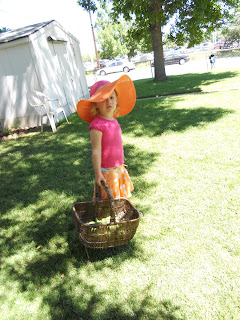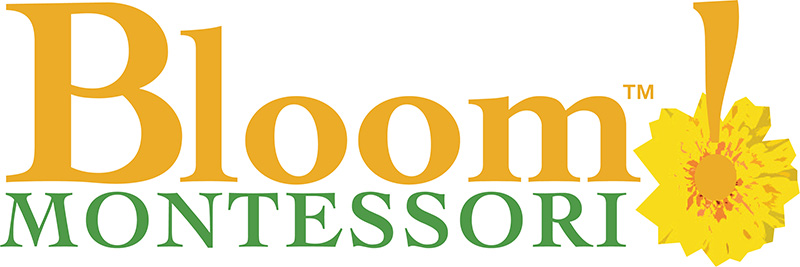 The Fava Beans were finally ready for harvesting (this proverbial spring delight came a little later than normal as we held off due to unfavorable planting conditions). Fava Beans are undoubtedly one of the best plants to grow in a children’s garden; these ancient beans are incredibly hardy, prolific, and resilient. Most children absolutely adore gathering their large floppy pods and appreciate their buttery texture and sweet, nutty flavor.
The Fava Beans were finally ready for harvesting (this proverbial spring delight came a little later than normal as we held off due to unfavorable planting conditions). Fava Beans are undoubtedly one of the best plants to grow in a children’s garden; these ancient beans are incredibly hardy, prolific, and resilient. Most children absolutely adore gathering their large floppy pods and appreciate their buttery texture and sweet, nutty flavor.
Fava Beans are one of the oldest cultivated plants; they are also full of fiber, iron, and so much protein that they have been called “the meat of the poor” and credited with saving Sicillians from starvation during times of famine. Additionally, they happen to be quite good for the soil (they fix nitrogen and fertilize the soil).
Today was the perfect afternoon to wander out to the garden and fill a small basket with these bumpy string beans.



Then the fun began! The labor intensive process of shelling Fava Beans, which happens to be the main downside to Fava Beans from an adult perspective is one of the most appealing aspects for children in this plane of development. The children began by stringing and shucking the beans in order to free them from the spongy batting of the pod.


Then, they were briefly parboiled, making it possible for the children to remove the glistening beans from their waxy membranes.


The children were completely happy to eat the Fava Beans raw, as they would with shelled edemame; however, they also prepared a special snack of Afghan Fava Bean Spread.


